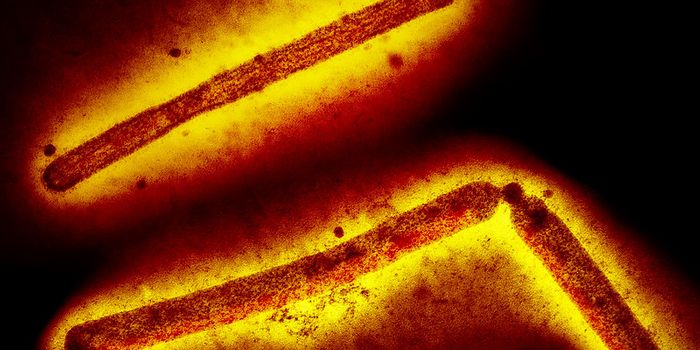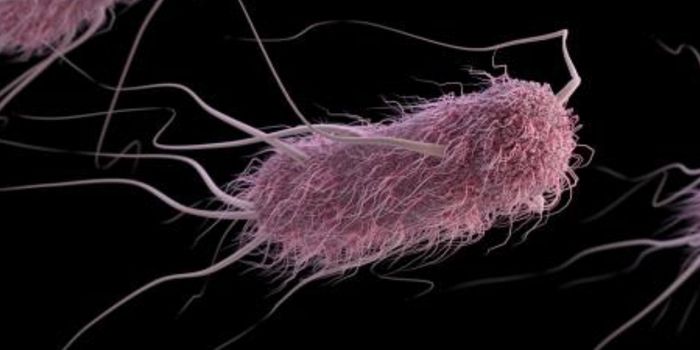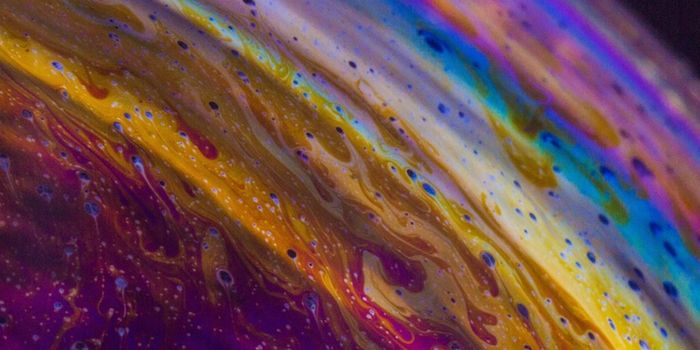How a Microbe Can Help Us Tackle Food Waste
Food waste is a major problem. A recent study conducted over seven years concluded that the average American wastes one pound of food every day. Aside from the direct financial loss to the consumer, there is also a huge environmental cost and agricultural toll; the same study found that about seven percent of the cropland in the US and over four trillion gallons of irrigation water is used to generate that wasted food.
New research has shown that bacteria can help us convert the glucose in wasted bread into important compounds like vitamin C (ascorbic acid). It's been estimated that about 12.5 million tons of baked goods like bread and croissants are thrown away every year. While livestock consumes some of this food, a large amount of it poses a problem. Luckily, scientists have found a microbe called Pseudomonas reptilivora that will enjoy all those leftover muffins.
An research team from the Agricultural Research Service (ARS) created methods to encourage P. reptilivora to consume the glucose and convert it to 2-keto-D-gluconic acid (2KGA).
Research chemist Badal Saha of the Bioenergy Research Unit at ARS noted that 2KGA can help generate large amounts of chemicals with many applications in food production and industry, including erythorbic acid (a preservative) and ascorbic acid. The 2KGA chemical is also useful as a precursor to herbicides, a detergent, and a chemical plasticizer.
This microbe can produce 2KGA without needing costly additives, like other bacteria that can perform the same function, added Badal. All P. reptilivora needs is a slurry made from distilled water, enzymes, and bread waste.
The findings have been reported in Biomass Conversion and Biorefinery.
Once considered a contaminant, P. reptilivora may now help us tackle a food waste problem while generating important substances that can help preserve food and keep it from getting trashed.
Sources: Phys.org via Agricultural Research Service, Biomass Conversion and Biorefinery








